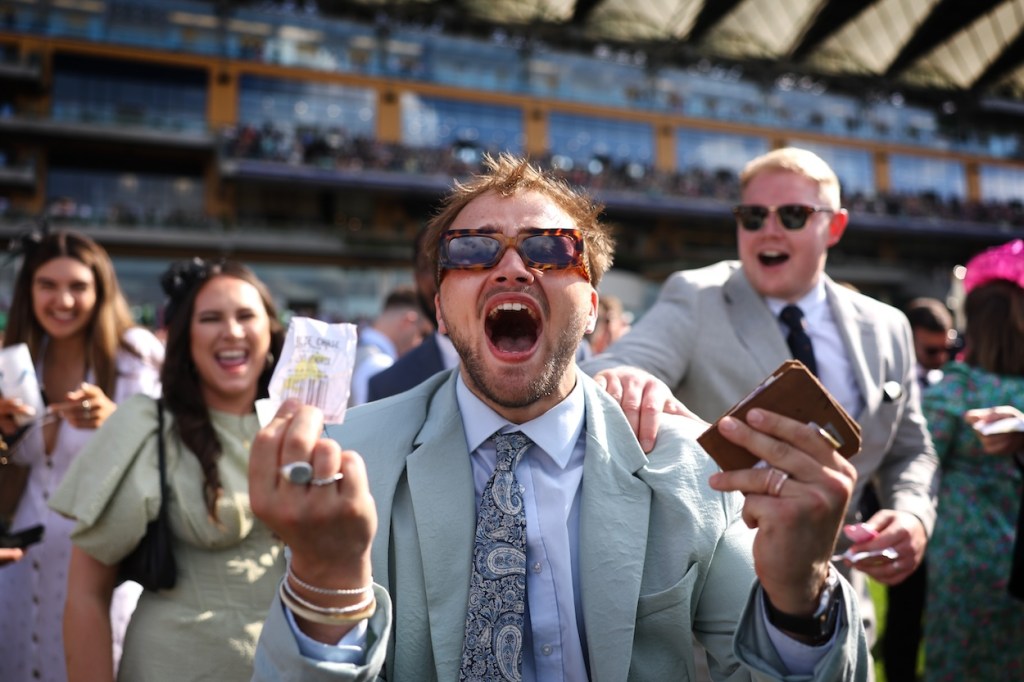It seems conventional wisdom by now that the public can only be convinced by hyperbole. As Nato Secretary-General Mark Rutte implies that Britain faces a choice between the NHS and Russian conquest, it is worth asking how much this actually damages democracy – and helps Vladimir Putin?
The real threat Russia poses is less of direct military action but through its ‘hybrid war’ instruments of subversion and division
Rutte is on tour in a bid to sell the new orthodoxy that Nato member states – many of whom barely, if at all, hit the previous target of spending 2 per cent of GDP on defence – must commit to spending 3.5 per cent directly on defence and 1.5 per cent on defence-related spending (such as resilience, R&D and support for Ukraine). At Chatham House in London this week, he was blunt about the spending priorities this entailed:
“If you do not go to the 5 per cent, including the 3.5 per cent for defence spending, you could still have the NHS… the pension system, but you better learn to speak Russian. That’s the consequence.”
First of all, we must recognise that this combined 5 per cent figure – whether it makes sense or not – comes less from a mature assessment of the threat, and more the need to placate Donald Trump. The US president has made little secret that if he feels Europe is failing to pull its weight, he will be even less inclined to continue to guard it.
However, the suggestion that the alternative – “you better learn to speak Russian” – is that a nation still struggling to defeat Ukraine – a country with a population of, now, some 30 million – will sweep across Nato Europe (population over 530 million), hop over the Channel, and still have the forces to subjugate the UK is ludicrous. Even if the war with Ukraine ends soon (highly unlikely, alas), Rutte’s claim that Moscow will be willing and able to take on Nato by 2030 seems implausible.
Yet Russia is apparently ten feet tall, in Rutte’s mind. He claims that, for example, it will produce 1,500 tanks this year alone, when the most optimistic figure is likely 200-300 genuinely new tanks. If they are fielding that many extra tanks in 2025, the overwhelming majority will actually be ageing Soviet tanks pulled out of mothballs – and these stocks have almost run out.
Yes, Russia can be said to pose a potential threat to the UK. There is the suggestion – most recently coming from the German intelligence service – that Putin might ‘test’ Nato by some kind of deniable ‘little green man’ incursion into a neighbouring country. Finland, the Baltic States and Poland today are not Crimea in 2014, though. Any such expedition would be met with immediate and deadly force. Might long-range missiles from airborne and naval platforms be used to threaten Blighty directly? A technical possibility, but to what plausible end?
All the same, the UK and European Nato clearly have neglected their defences. Increased spending is a necessity, not least to signal resolution to Russia and deter Putin or a successor from making some ill-judged move.
However, by framing this in terms both apocalyptic and implausible, Rutte does us all a disservice. The real threat Russia poses is less of direct military action but through its ‘hybrid war’ instruments of subversion, division and misdirection. In this context, arguably at least as important is spending on the intelligence and security services, the police – and on anything that contributes to social and political cohesion. Russia’s operations thrive on division and cynicism, on communities feeling marginalised or ignored.
This is the security trap we face. In the long term, defence spending may help uplift industrial regions and fund innovation. Here and now, though, it must mean higher taxes and/or cuts in other public spending, or else even greater national debt to weigh down future generations. How far does this alienate communities and further overstretch public services? And how far will this be a gift to Russia’s trolls, propagandists and efforts to encourage divisive politics?
Language like Rutte’s is often defended as a necessary over-compensation to years of complacency. How else, it is argued, can the public be motivated to accept such necessary spending? (How would he know? When he was Dutch prime minister, defence spending never even reached the Nato 2 per cent minimum.) In any case, the line is that the common masses neither want or can understand nuance.
This dangerous and elitist nonsense is precisely, though, one of the reasons why democracies are in crisis, why cynicism and populism are both on the rise. The more politicians say these things to electorates to get them to believe the ‘right’ thing, the less reason to believe them at all.
We cannot ignore the current Russian leadership’s hostility and belligerence. But we should not ignore the degree to which Putin’s goal for the UK – and Europe as a whole – is not some hollow dream of conquest but paralysis, amplifying our own divisions and discontents. To that extent, our security is as much about a truly working NHS as more fighter jets, and politicians willing to approach the public as if they deserve honesty and can understand complexity.








Comments